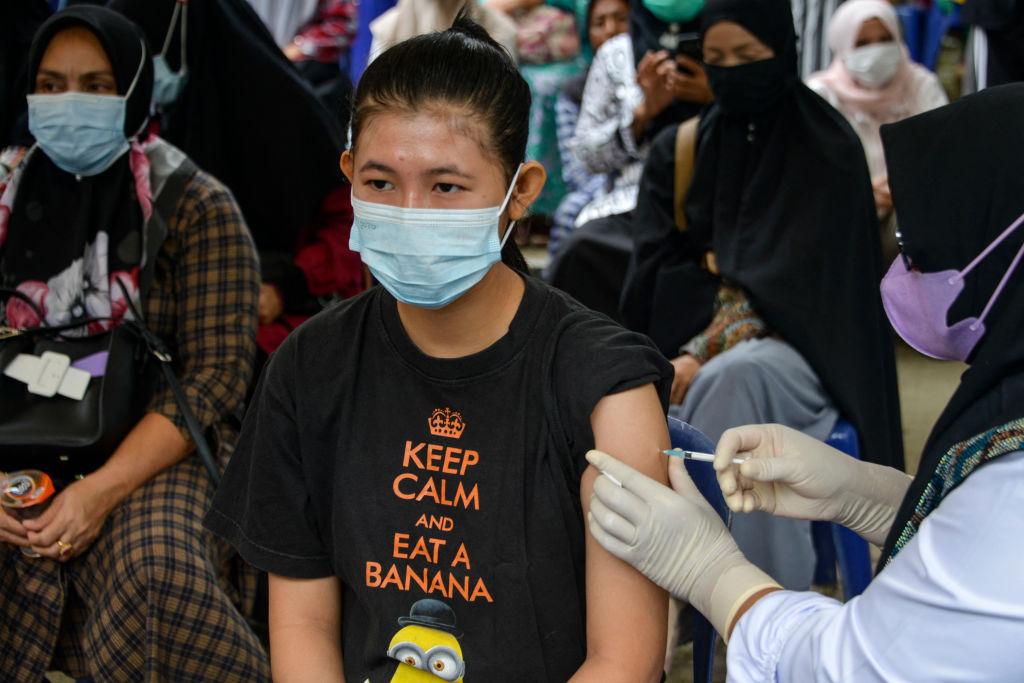Thailand is currently experiencing a spike in COVID-19 infections. On July 11, the number of cases reported reached a record high of 9,418. The death toll on July 10 was 91, also a historic high. Due to the abrupt rise in cases, the Thailand government changed its vaccine policy, and started giving the AstraZeneca (AZ) vaccine to boost protection for those who received China’s Sinovac.
On July 11, Thailand’s Ministry of Public Health said 618 of 677,348 medical staff who were fully vaccinated with Sinovac vaccine were infected with the Chinese Communist Party (CCP) Virus. One nurse died, and one medical staff was in critical condition.





